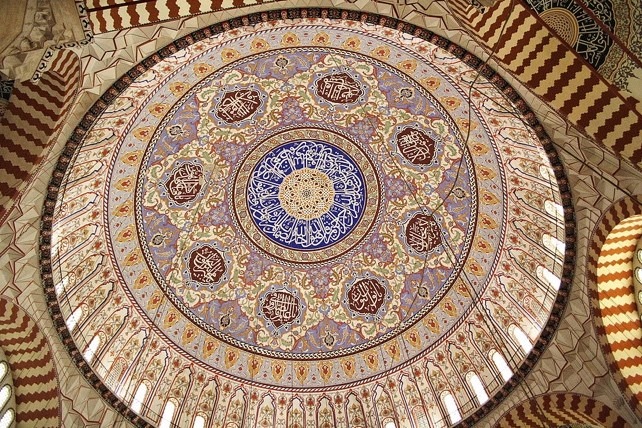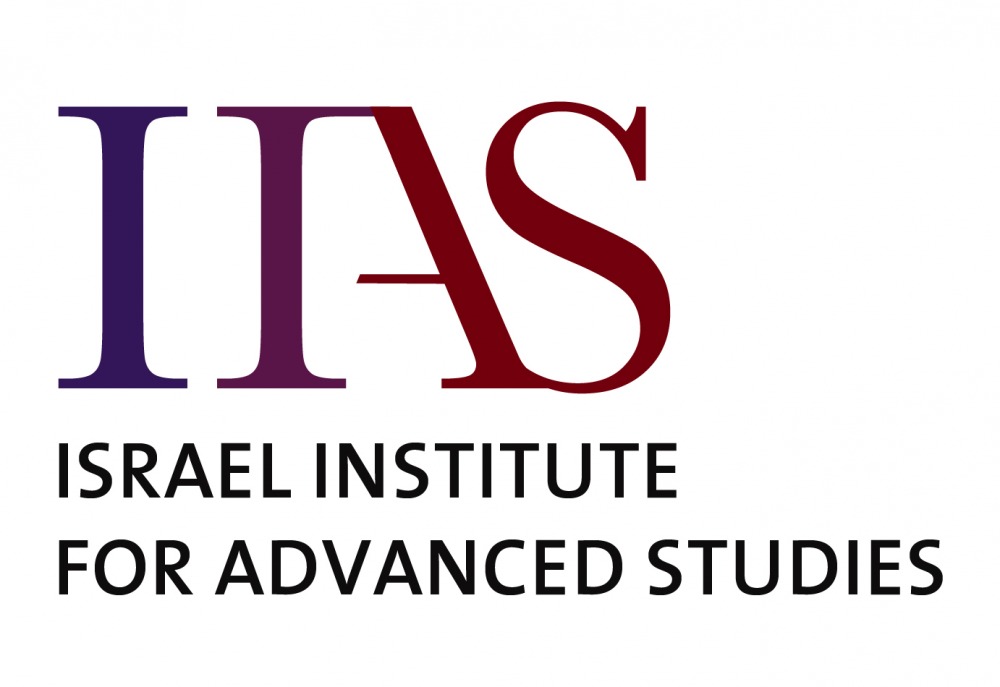
Please join us for our upcoming seminar on: "Al-Samawʾal’s fakhr: Refashioning the first Arab-Jew" by Dr. Oded Zinger and Dr. Guy Ron-Gilboa (The Hebrew University of Jerusalem).
Monday, February 1, 2021, from 17:30 to 19:00 (Israel time) via zoom.
ABSTRACT
At the very beginnings of the long and entangled history of Jewishness and Arabness stands al-Samawʾal ibn ʿĀdiyāʾ, the most famous of the Jewish poets in pre-Islamic Arabia. While little is known about him historically, the various political and historical debates about Arabs, Jews, and the possibility of Arab-Jews, have tended to return to him again and again as a central figure through which the various identities and ideological stances were negotiated. This tendency is not limited to modern debates. In 1905, Hirschfeld published two pages from the Cairo Geniza of an Arabic qaṣīda written in Hebrew letters attributed to al-Samawʾal that boasts of the Jewish tradition. Hirschfeld’s publication led to a lively debate about the authenticity of the poem that involved some of the leading orientalists of the day. The publication of the poem in Arabic script in the Arab world led to the discovery of two Christian versions of the poem and led to the ascription of a Christian identity to al-Samawʾal.
The recent discovery of additional eight pages that continue the two pages published by Hirschfeld allows us to go back to the qaṣīda with new questions. Not invested in the poem’s authenticity (it is clearly post-Islamic), more interesting is the process in which the Jewish tradition is set into the mold of an Arabian fakhr, on the one hand, and the way Samawʾal in turn is Judaized by taking pride in Jewish sacred history. Furthermore, this Jewish pride in the biblical tradition is saturated with Islamic elements and expressions. The poem and the refashioned poet thus form a cultural intersection in which Jewish, Arab and Muslim currents meet and mix. The fact that medieval Jews in the Islamic world composed such a poem to defend their tradition in the terms of the perceived opponent places the issue of agency at the heart of cultural interchange.
Oded Zinger is an assistant professor in the Department of Jewish History at the Hebrew University of Jerusalem. A social and cultural historian, he studies the Jews in the medieval Islamic world, utilizing mainly the documents of the Cairo Geniza. His first book, Law, Gender and Community: Marital Strife and Legal Institutions in the Jewish Communities of Medieval Egypt is currently in press.
Guy Ron-Gilboa is a postdoctoral fellow of the Mandel-Scholion Research Center at the Hebrew University of Jerusalem. Guy studies medieval Arabic prose literature in both its ‘elitist’ form (adab) and its popular manifestations. His current research project, which expands upon his doctoral dissertation, is dedicated to the exploration of marvels (ʿajāʾib) and the marvelous in medieval Arabic literature.

